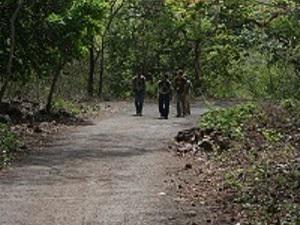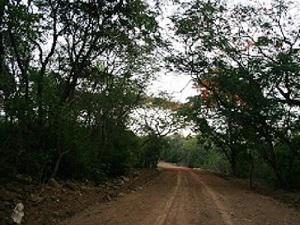Supriya Jhunjhunwala
This project aims to rapidly assess ecosystem services, build capacity of key stakeholders, communicate the value of ecosystem services and increase community support for the Park.
Mumbai is the only city in the world with a wilderness, the Sanjay Gandhi National Park in its precincts. The Park designated as an Important Bird Area, and is part of the Western Ghats which is a World heritage Site and a Global Biodiversity Hotspot.

Mumbai’s 20.5 million citizens are largely unaware of the life supporting ecosystem services the park supplies; like 10% of the city’s water supply. Amongst the many threats, the lack of awareness about the park’s life-supporting services to the city is paramount.

The Millennium Ecosystem Assessment (2005) categorises ecosystem services to represent four main groups of services provided by natural ecosystems. These are ‘ Provisioning services, including food and water; regulating services, including flood and disease control; cultural services, including spiritual and recreational benefits, and supporting services, including nutrient cycling that maintain the ecosystems themselves’.
Valuing ecosystem services, which are the ecological, economic, socio-cultural, and aesthetic benefits provided by nature, can help provide economic reasoning for conservation to build support. A deeper understanding of ecosystem services, biodiversity and their role in the economy will help build the case for conservation at the local, national and international levels and help set priorities for policies that protect and restore ecosystems and their services
Assessment of ecosystem services at a site in a city which is the economic capital of an emerging economy will demonstrate tangible economic benefits associated with conservation. Our project will calculated and communicate ecosystem services provided by the Sanjay Gandhi National Park and assign value to this unique habitat of 103.09 sq km of tropical dry deciduous and evergreen forest and lakes and contribute to its long-term conservation in its natural state as the life support system of over 800 plant species, 282 bird species, 155 butterfly species, 52 reptile species, 13 amphibian species and 56 mammal species including the 20.5 million human in its periphery.